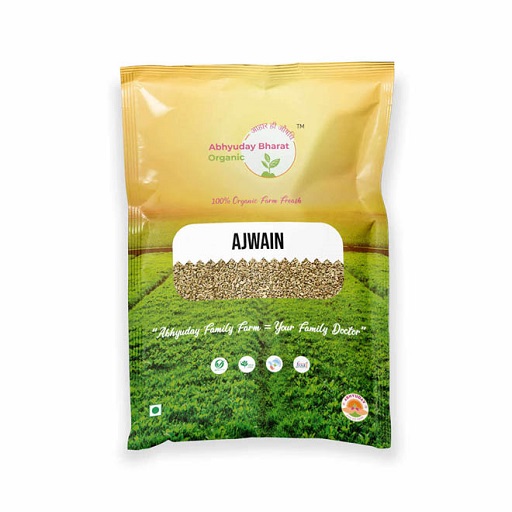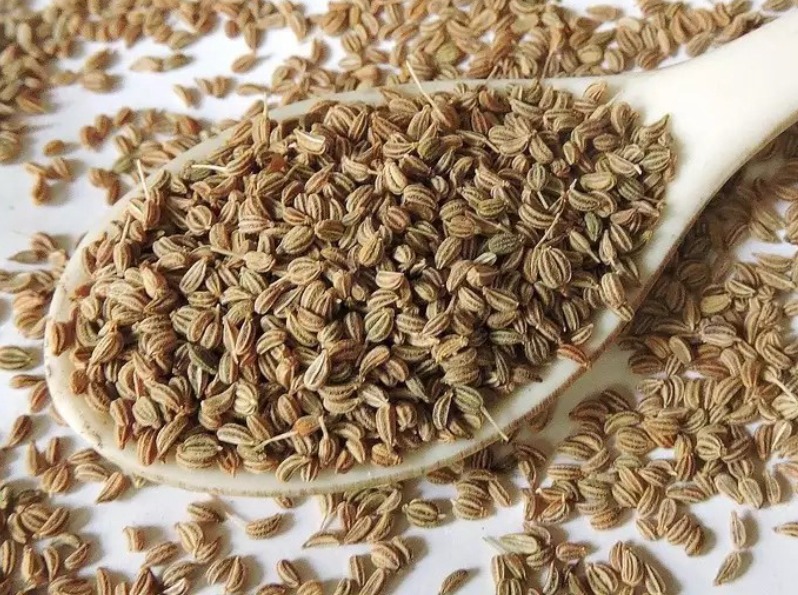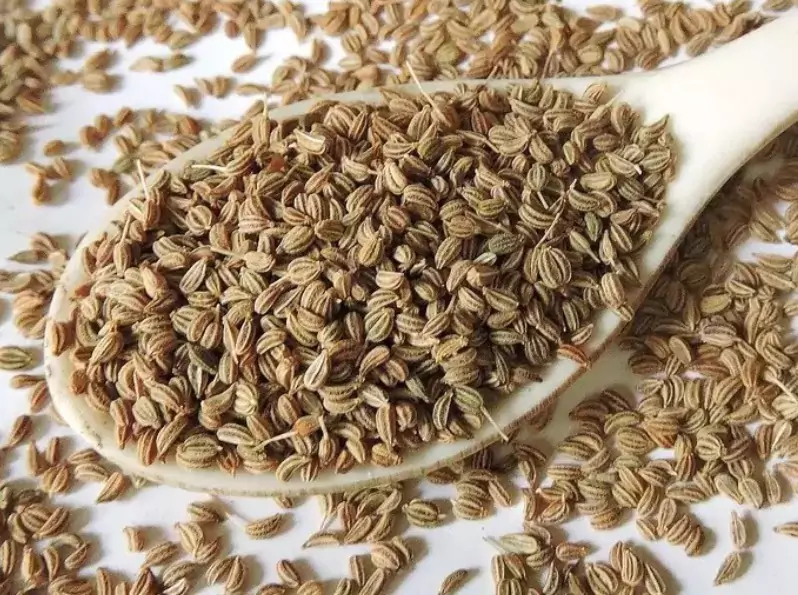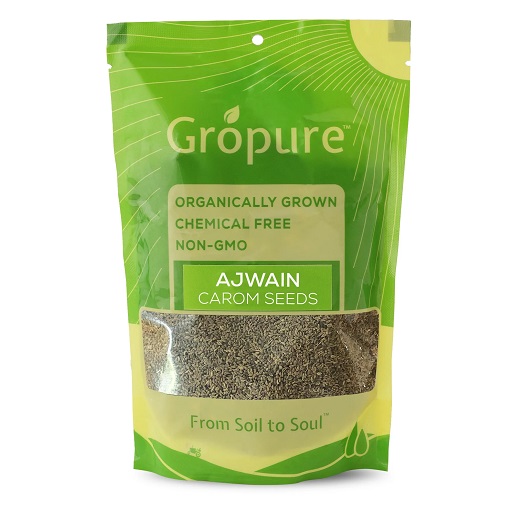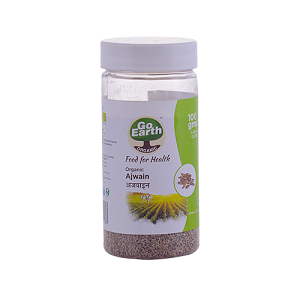

| Category: | Organic Spices |
|---|---|
| MOQ: | 1 Kilogram |
| Packing: | Packet |
| Supply Capacity: | Bulk |
| Port of Dispatch: | Any |
| Delivery Time (In Days): | 5 Days |
| Payment: | Net banking,others |
Ajwain, also known as bishop’s weed, ajowan caraway, or carom seed, is a powerhouse spice native to the Indian subcontinent. It is derived from the tiny, green seeds of the Trachyspermum ammi plant, an annual herb belonging to the Apiaceae family, which also includes cumin, parsley, and fennel.
Ajwain seeds are oval-shaped, about 2-3 millimeters long, and possess a strong, thyme-like aroma with a slightly bitter and pungent flavor. They are a staple ingredient in Indian cuisine, used whole or ground to add a distinct flavor profile to curries, dals, vegetables, and pickles.
Varieties of Ajwani
There are two main varieties of Ajwain:
- White Ajwain: This variety is the most common and has a lighter color and a milder flavor compared to green ajwain.
- Black Ajwain: These black seeds are larger and have a more intense, peppery flavor.
Ajwain Applications
Ajwain’s applications extend far beyond culinary uses. Here’s a closer look at its versatility:
- Culinary Uses: As mentioned earlier, ajwain is a key ingredient in Indian cuisine. Whole or ground ajwain is used in tadka (a hot oil seasoning) for dals, vegetables, and curries. It is also used in chutneys, pickles, and lentil soups. Ajwain adds a unique depth of flavor to flatbreads like paratha and theplas. In certain regions of India, ajwain is even used in sweets and beverages.
- Medicinal Uses: Ajwain has been used in traditional Indian medicine (Ayurveda) for centuries. It is believed to possess a variety of health benefits, including digestive, respiratory, and carminative properties. Ajwain is often consumed to relieve indigestion, flatulence, and stomach cramps. It is also used in respiratory conditions like coughs and colds due to its decongestant properties.
- Aromatic Uses: Ajwain essential oil, extracted from the seeds through steam distillation, has a warm, spicy aroma. It is used in aromatherapy for its digestive and respiratory benefits. The oil is also believed to have antiseptic and antimicrobial properties.
related products
ABOUT US
Quick Links
Resources
Connect with Us
Copyright © 2025 KEMFREE FARMERS PVT LTD. All rights reserved.


